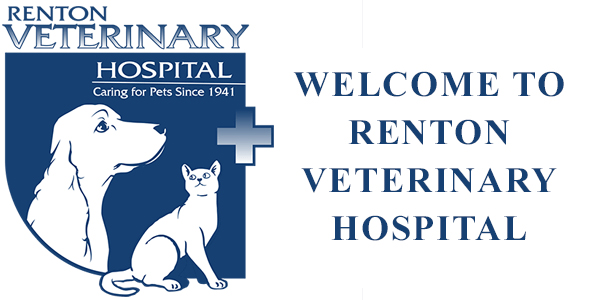Pet Health
Preparation for Whelping
PREPARATION FOR WHELPING
- The place where the bitch (mother dog) is to whelp should be prepared a week or so in advance, allowing her to sleep there at night and rest there during the day so that she will be well accustomed to the strange surroundings when the time comes for her to whelp. Many places may be used for whelping. It should be away from activity, noise, and other pets. Think of the ease of cleaning (no carpets) and access to the outside for larger breeds.
- A whelping box should be constructed using plywood or sturdy cardboard packing cartons. For a medium-sized bitch, a whelping box of four feet square is adequate. Make the sides high enough to prevent drafts, and line the box with several thicknesses of newspaper. An old mattress pad or quilt in the corner of the box will afford an excellent bed for the puppies to lie on with their dam. The front of the box should be cut away so the bitch can enter and leave the box unaided.
- Provide a warm place to put the puppies as they are born, such as a basket with a hot water bottle or heating pad. The puppies can later be transferred to the whelping box when the mother dog has completed giving birth. If the puppies get too hot, they will “scream” and cry; if they are too cold, they will whimper. Ensure you do not take the basket out of the mother’s sight since this would upset her and interfere with the remainder of whelping. If the puppies are hungry, they will make “angry” cries.
- It may be necessary, in the long-haired breeds, to comb out or preferably cut the hair around the mammary glands and nipples about a week in advance. Most bitches will shed some hair around the nipples about two weeks before whelping. The mother’s underside should be gently washed and cleaned before the whelping. Any abnormal discharges, such as bloody milk or greenish-yellow pus in the milk coming from the nipples and mammary glands, should be brought to the attention of your veterinarian.
- Have iodine or suitable disinfectant on hand for the opened end of the umbilicus on each puppy. Some dental floss will work to tie around the base of the cord if it’s bleeding. Tie a knot 1/4 to 1/2 inches from the puppy’s abdomen. Plenty of clean towels and a human nasal aspirator for mucus removal are also handy. An accurate way to weigh the puppies is essential. You may need a gram scale for smaller breeds and dams under 20 pounds. A milk supplement and bottle feeder may be needed.
- Smaller breeds will need a heat source in the whelping box. Covered heating pads work best. Be careful of heat lamps. Some gradient of heat should be provided so the pups and dams can move to their comfort zone.
- Prior abdominal radiographs of the dam during her 8th week will help at birthing to determine the endpoint and exactly what to expect. This is especially helpful for first-time owners. Ultrasound is not as accurate, especially in large litters.
- Have emergency phone numbers for regular and after-hours handy.
- It is assumed that with the breeding of this pregnancy, consideration of the parent’s genetic contributions, venereal disease transmissions, and recent de-parasitizing and immunizations just before insemination took place in the bitch. If these were not taken into account, let your doctor know. Puppies may be at risk of diseases unnecessarily.
